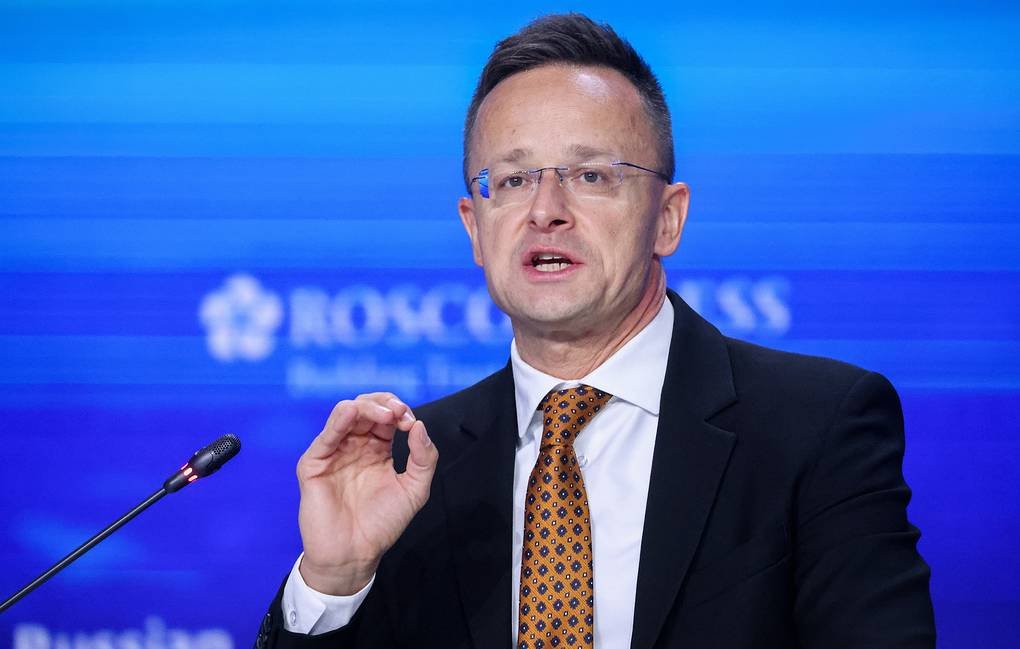BUDAPEST — Hungary has declared it will not comply with an arrest warrant issued by the International Criminal Court (ICC) for Russian President Vladimir Putin, signaling a major challenge to the court’s authority and sparking diplomatic concern among European allies. Hungarian Foreign Minister Péter Szijjártó stated that if Putin travels to Hungary — reportedly for a summit with U.S. President Donald Trump — the country will welcome him without arrest. This comes even though Hungary is still formally bound by its ICC obligations until its withdrawal takes full effect.
According to Szijjártó, Hungary is a “sovereign country” and will permit Putin to enter and exit freely. “We await President Vladimir Putin with respect … we will receive him as a guest and ensure conditions for his negotiations,” he told reporters. The backdrop: the ICC issued an arrest warrant for Putin on war-crime allegations tied to the forced deportation of Ukrainian children. Though Russia is not a party to the Rome Statute (the treaty establishing the ICC), Hungary is — and thus technically under obligation to execute the warrant.
Hungary’s stance is especially contentious given that it announced its intention to withdraw from the ICC earlier this year and the parliament approved a bill in May to begin the process. However, under the Rome Statute, Hungary remains a member until one year after formal notification to the UN Secretary-General — meaning the withdrawal enters full force in April 2026.
As Germany’s foreign ministry pointed out: “Hungary must execute the arrest warrant … until the withdrawal takes effect,” underscoring that Budapest remains legally obligated.
The Hungarian government argues it never fully incorporated the Rome Statute into domestic law and contests the impartiality of the ICC, describing the court as becoming politically driven. Budapest’s broader diplomatic trajectory — especially its close ties with both Moscow and Jerusalem — has already drawn criticism from human-rights groups and EU partners.
With the prospect of a Putin–Trump meeting in Hungary and Hungary’s explicit promise of no arrest action, analysts warn the situation presents a direct test for both the ICC’s credibility and European legal enforcement mechanisms.





